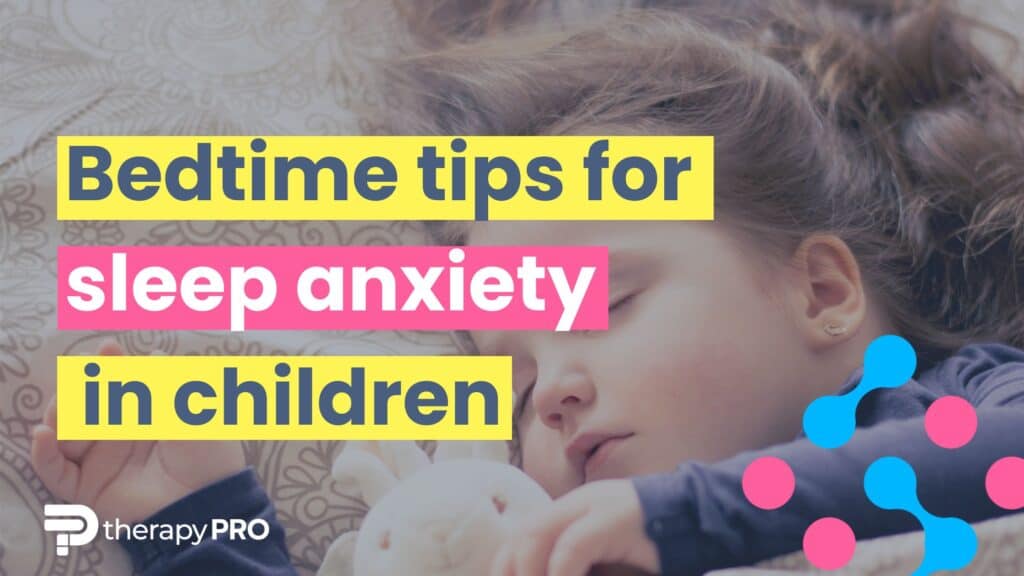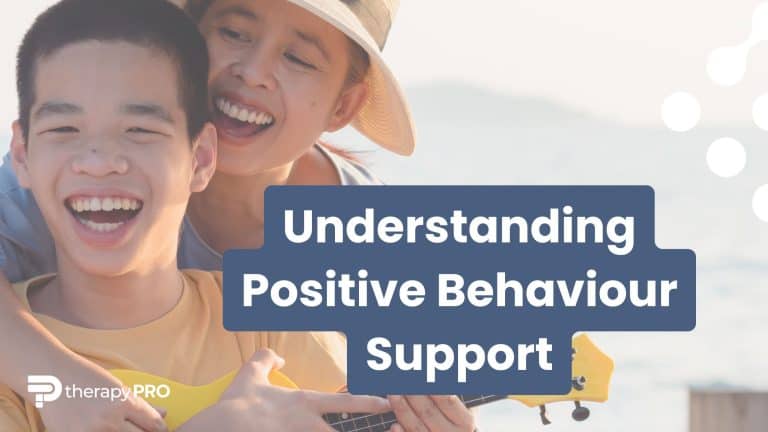Bedtime tips for sleep anxiety in children
Sleep anxiety in children can make bedtime challenging. Not only for parents but also for their children who struggle with anxiety around going to sleep, or sleeping alone. The relationship between anxiety and sleep is a complicated one — sleep strengthens the brain against anxiety, but anxiety at bedtime stops sleep!
Sleep is one of the hardest life skills to work on with your children. It has a profound impact on our wellbeing. Sleep helps our brain function well, keeps our emotions in check and reduces our chances of becoming sick.
It’s therefore really important to equip your child with coping mechanisms and establish a routine that promotes a sense of safety and security. And it can all start when they are little.
Why do we see anxiety at bedtime?
Unfortunately sleep anxiety in children can impact not only the time it takes for the child to fall asleep, but also to stay asleep. The answer as to why we see anxiety at bedtime, lies in the brain.
The amygdala is the part of the brain responsible for keeping us safe, and it can be triggered by perceived threats or danger.
However, our amygdala can sometimes work in overdrive, and perceive danger or threats that aren’t actually harmful, causing us to go into fight (aggression, anger) or flight (avoidance) and cause anxiety-related behaviours during daily activities (like bedtime!).
An anxious brain won’t rest until it feels safe, which is why we see lots of children sleep just fine as soon as they get in bed with mum or dad. We feel safest when we feel connected and contained, therefore, remaining warm, strong and loving during the bedtime routine will best support your child’s anxiety.
Here are 6 ways you can help your child to feel less anxious around sleep time
1. Have a consistent bedtime routine: Predictability can help reduce anxiety. Try to give as much warning as possible before they need to start their bedtime routine, for example, ‘Five more minutes until it’s bath time’.
2. Validate your child’s feelings: Address any worries or concerns your child may have about going to bed. Validate their feelings and work together to find solutions – try not to dismiss their feelings by saying ‘You’re ok or just being silly’.
3. Spend time creating connection: Take time to read a story and make your child feel safe in their bed. Consider using a weighted blanket or other soothing sensory items to create connection and help your child feel more relaxed and secure.
4. Celebrate small wins: Give praise for staying in their own bed, even if it is for a short time.
5. Talk about dreams and worries: Dreams come from our thoughts and emotions, and studies have found that dreams can be changed by talking about them just before bedtime. You could also practice relaxation techniques together like deep briefing or progressive muscle relaxation.
6. Limit screen time and play in the bedroom: It’s a good idea to limit stimulating activities in the hours leading up to bedtime, but research also shows that there is benefits in associating bedrooms with sleep and rest.
If you are finding it tricky to implement strategies, or need more support, our friendly team of psychologists are more than happy to help through therapy with your child and family to find the routine that best suits you!
A guide for parents
Early Childhood Early Intervention Therapists, Penny and Jodie, have developed a comprehensive bedtime guide to support families with children who experience anxiety at bedtime. The guide includes tips for identifying signs of anxiety, strategies to help your child feel calm and relaxed, and advice on creating a restful sleep environment.
Additionally, the guide comes with a printable chart to help your child establish a consistent bedtime routine.
Access the bedtime guide here.
About the authors
Jodie is a Senior Occupational Therapist, based in Brisbane’s north. Jodie understands that the world as she sees it is not the same for her young clients—it can be too loud, too cold, too prickly, too…much. Jodie helps families to understand their children and helps her young clients cope better with their challenges so that they can take part in activities to the best of their abilities.
Penny is a Senior Social Worker, based in Brisbane. Penny provides emotional support to parents and families adjusting to a disability diagnosis and helps them to navigate the maze of the disability world, by creating links and connections to find the right help for their child.




